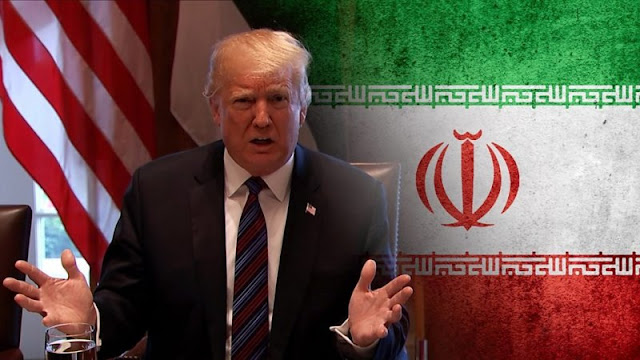Trump’s Shocking Iran Nuclear Deal Update: ‘It’s Going OK’ — But What’s Really Happening Behind the Scenes?
President Donald Trump’s latest comments on the high-stakes nuclear negotiations with Iran have left many wondering what’s really going on. While en route to a UFC fight in Miami, Trump told reporters aboard Air Force One that talks are “going OK” but refused to delve into specifics, saying, “Nothing matters until you get it done.” His vague remarks raise questions — are these discussions progressing smoothly, or is the administration downplaying tensions?
The White House confirmed that US envoy Steve Witkoff held direct talks with Iranian Foreign Minister Abbas Araghchi in Muscat, Oman, describing the discussions as “very positive and constructive.” Oman, a longtime mediator in Middle Eastern conflicts, has played a key role in facilitating backchannel diplomacy. But with Trump’s history of abruptly withdrawing from the 2015 Iran nuclear deal, skepticism remains over whether these talks will lead to a lasting agreement.
Trump’s warning that military action remains on the table adds another layer of tension. “Failure to reach a deal could lead to potential military strikes on Iran,” he has previously stated. Tehran, meanwhile, has warned that any US attack would trigger a broader regional conflict, dragging in allies and destabilizing the Middle East further. Are these negotiations a last-ditch effort to avoid war, or just another round of diplomatic posturing?
Behind the scenes, experts suggest that both sides are testing each other’s limits. Iran, crippled by US sanctions, may be seeking economic relief, while the Trump administration wants stricter long-term restrictions on Tehran’s nuclear program. The fact that talks are happening at all is significant — but with so much at stake, why is Trump being so cryptic?
The timing of these discussions is also critical. With the US election looming, Trump may be eager to secure a foreign policy win. However, Iran has little incentive to rush into a deal with an administration that could be out of power in months. Will Tehran wait for a potential Biden presidency, which might offer a return to the original 2015 agreement?
One thing is clear: Trump’s “going OK” assessment leaves much to interpretation. Are we on the brink of a breakthrough, or is this just another chapter in the decades-long US-Iran standoff? Until concrete details emerge, the world will be watching — and waiting — to see if diplomacy prevails or if conflict becomes inevitable.
The White House confirmed that US envoy Steve Witkoff held direct talks with Iranian Foreign Minister Abbas Araghchi in Muscat, Oman, describing the discussions as “very positive and constructive.” Oman, a longtime mediator in Middle Eastern conflicts, has played a key role in facilitating backchannel diplomacy. But with Trump’s history of abruptly withdrawing from the 2015 Iran nuclear deal, skepticism remains over whether these talks will lead to a lasting agreement.
Trump’s warning that military action remains on the table adds another layer of tension. “Failure to reach a deal could lead to potential military strikes on Iran,” he has previously stated. Tehran, meanwhile, has warned that any US attack would trigger a broader regional conflict, dragging in allies and destabilizing the Middle East further. Are these negotiations a last-ditch effort to avoid war, or just another round of diplomatic posturing?
Behind the scenes, experts suggest that both sides are testing each other’s limits. Iran, crippled by US sanctions, may be seeking economic relief, while the Trump administration wants stricter long-term restrictions on Tehran’s nuclear program. The fact that talks are happening at all is significant — but with so much at stake, why is Trump being so cryptic?
The timing of these discussions is also critical. With the US election looming, Trump may be eager to secure a foreign policy win. However, Iran has little incentive to rush into a deal with an administration that could be out of power in months. Will Tehran wait for a potential Biden presidency, which might offer a return to the original 2015 agreement?
One thing is clear: Trump’s “going OK” assessment leaves much to interpretation. Are we on the brink of a breakthrough, or is this just another chapter in the decades-long US-Iran standoff? Until concrete details emerge, the world will be watching — and waiting — to see if diplomacy prevails or if conflict becomes inevitable.




Comments
Post a Comment